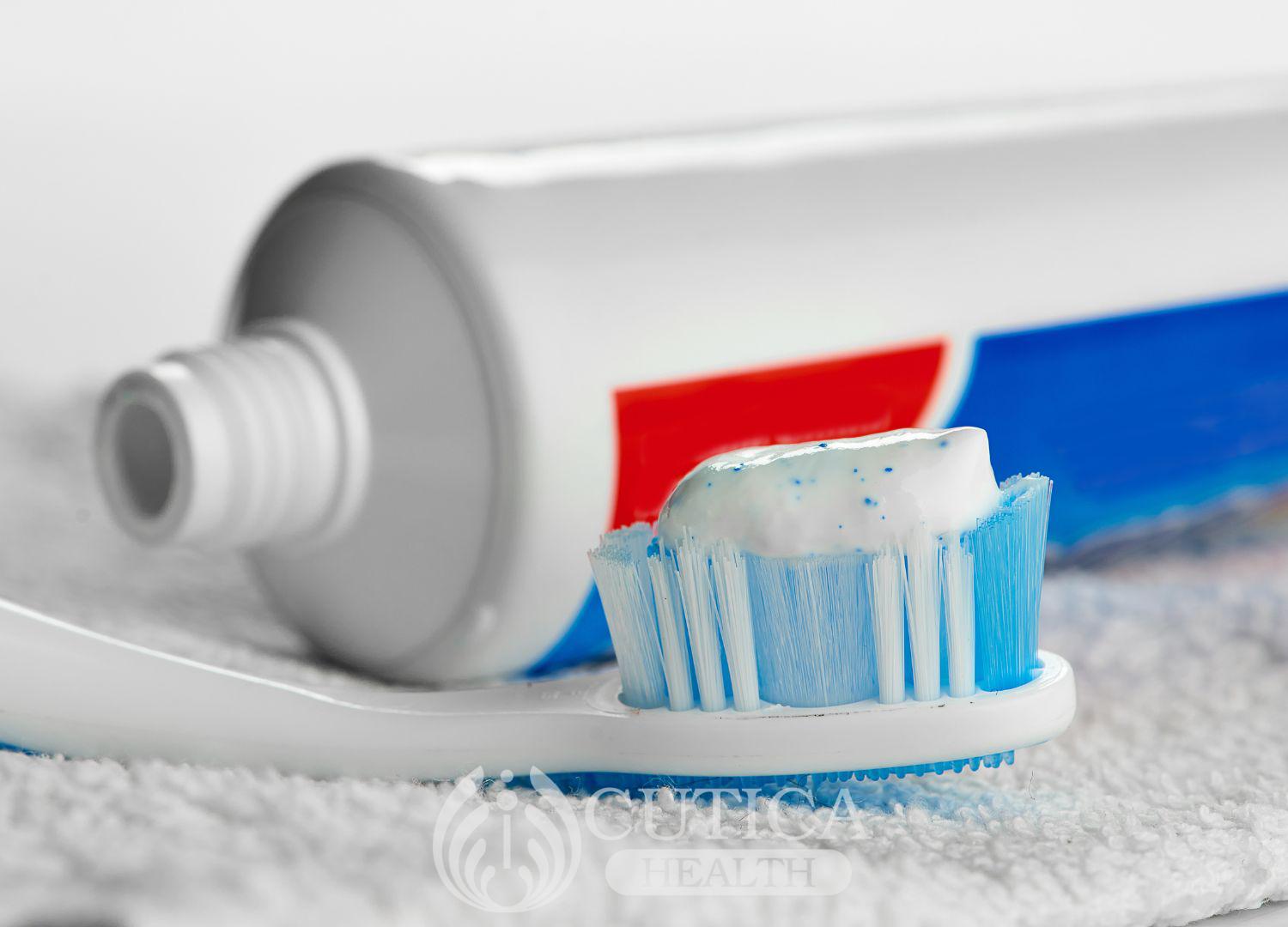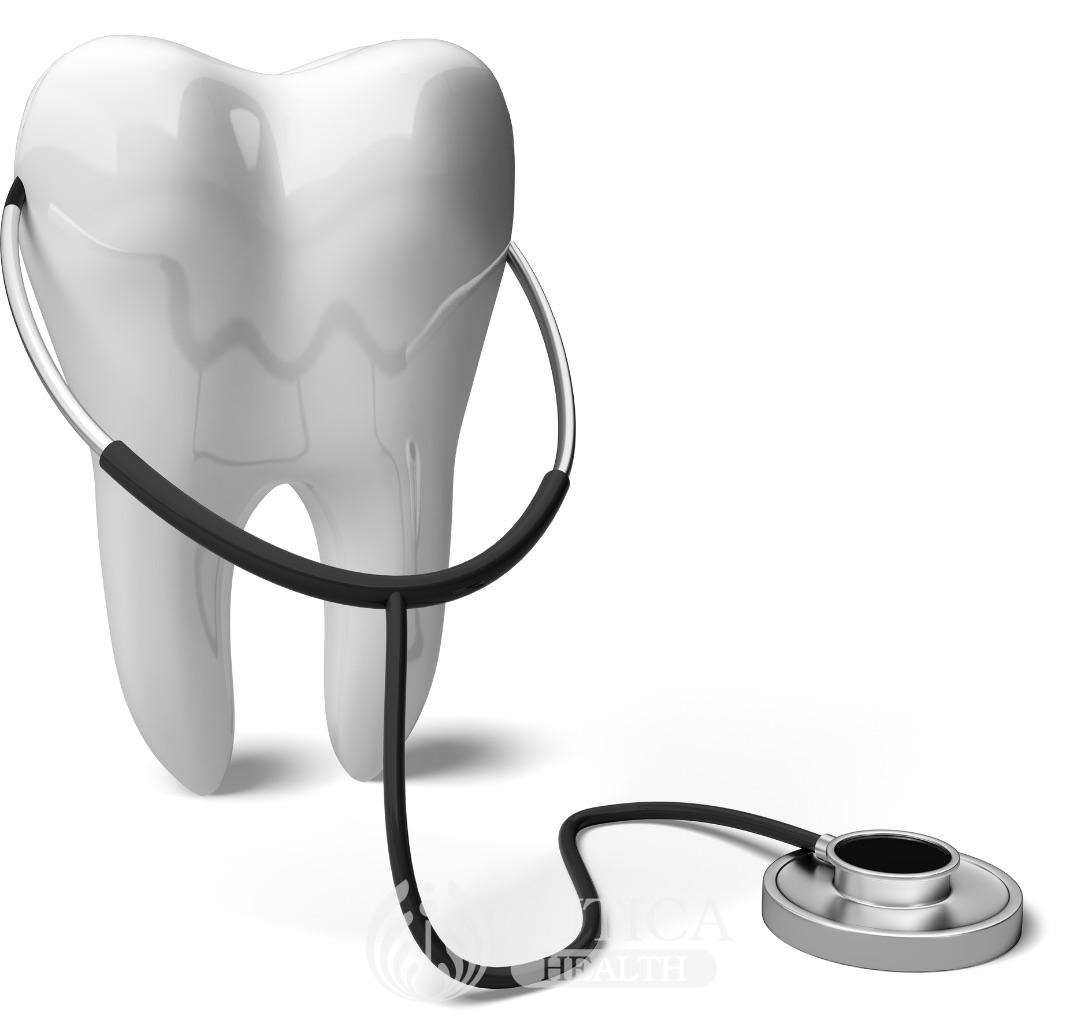
The question was stuck in Sadia’s head as she drove out of the parking lot of her dental clinic. “How can my teeth be decaying with all the brushing I have done?”
Sadia had earlier gone in for her regular dental appointment with shoulders held high in anticipation of her dentist's usual accolades about her meticulous oral hygiene but was sorely disappointed this time. He informed her of a pin-point hole that was forming on her last tooth. Upon further probing, she realized that the switch she made from her usual toothpaste brand to a less expensive one could have been the cause.
What Is Fluoride?
When you eat food, it’s not only for enjoyment and quenching of hunger, you also need minerals to nourish and replenish your body. Among these minerals that your body requires is Fluoride. It can be found naturally in fruits like grapes and raisins and also potatoes. Fluoride is often added to public water sources.
Why Is It Useful?
Fluoride is the dentist’s best friend. This is because it helps stop the process of tooth decay through restoration of the outer layers of the teeth. Throughout the day, there is a struggle between things that cause tooth decay such as bacteria and refined sugar, versus factors like fluoride, calcium, and phosphate that prevent tooth decay. 
Forms of Fluoride
Fluoride from routine food intake may not be sufficient to prevent tooth decay in individuals that consume a high amount of refined sugar. Fluoride can also be applied onto the teeth using the right toothpaste. The importance of fluoride in toothpaste cannot be overemphasized. Not only does this mineral help to stop the process of tooth decay from the initial stage, but it can also prevent eventual loss of tooth. It cannot, however, close already formed holes in the teeth.
A dentist can also apply fluoride on the teeth using a varnish, gel or foam that contain a higher amount of fluoride than toothpaste and can either be directly coated onto the teeth or applied using a specialized spray. The fluoride film is left on the teeth for less than 4 minutes, after which it is rinsed off. Other forms of fluoride include supplements prescribed as tablets or rinses under specific conditions.
Who Needs Fluoride the Most?
- Children between the ages of 6 to 16 years to ensure they have strong and healthy primary and permanent dentition.
- People with medical conditions or those on medications that reduce saliva flow, which in turn, reduces saliva’s cleansing action in the mouth.
- Consumption of foods containing high sugar tips the scale in favour of tooth decay due to bacterial toxins.
- Retentive surfaces like orthodontic braces, crowns and dentures can serve as stagnation areas for food substances and increase the risk of decay.
- Diseases affecting the gums also increase the risk of tooth decay, as they expose more tooth surfaces to bacterial attack.
Caution
Though the benefits of fluoride are numerous, it can also be hazardous at toxic levels, which differ based on your weight. It is, therefore, necessary to consult your dentist to know if you are a candidate for additional fluoride therapy. Symptoms of fluoride toxicity tend to occur mostly in children as they can be tempted to swallow lots of toothpaste, due to its pleasant taste. It is important to: 
-Use toothpaste without flavours to discourage swallowing in children.
-Use only a small (pea-sized) amount of toothpaste.
-Keep fluoride rinses and tablets away from the reach of children.
Conclusion
Fluoride has many benefits. Check if your toothpaste contains a good amount to avoid more expensive dental treatment in the future.












